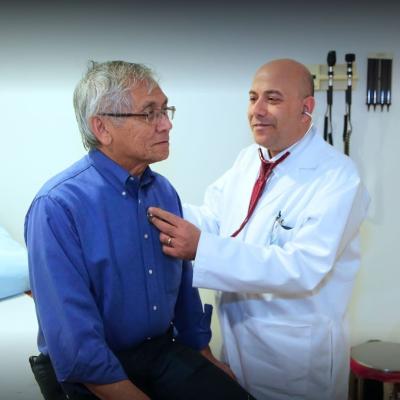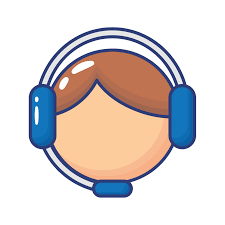Common respiratory illness symptoms are troubling today. A headache or stuffy nose can induce worry, and no one wants to cough and sneeze into their mask on the bus.
Since COVID-19, we've all gotten more careful. Despite having similar symptoms, the typical cold, flu, allergies, and COVID-19 are not the same. Knowing which symptoms are frequent for each ailment can help us decide when to consult a doctor and when to self-treat at home.
If you have questions regarding your symptoms or suspect COVID-19, see a doctor.
Flu Colds affect the nose and throat. A healthy adult might expect two to three colds each year, as can a youngster. Colds are most common in spring and winter, but they can happen anytime.
Cold symptoms include:
- Choke
- Clog
- cold
- Snore
Some get headaches and bodily aches. (General aches and pains are normal with a cold, especially if you've been coughing a lot.)
The average cold lasts fewer than two weeks. If you have a weak immune system or asthma, watch your symptoms. Seek medical help if your symptoms are severe or last after 10 days.
H1N1
Influenza is a common illness that is usually mild but can lead to problems. In healthy adults, the flu lasts a few days to two weeks. Unlike a cold, the flu usually comes on rapidly.
Symptoms include:
- Flu (typically lasting three to four days)
- Croup
- Choke
- Piles
- Weary
People may also have vomiting or diarrhea. If you get dizziness, confusion, seizures, shortness of breath, or extreme weakness, visit a doctor.
One reason the flu is so hazardous is that it can lead to complications including pneumonia, encephalitis, or organ failure. To avoid difficulties, get your annual flu shot. The vaccine may not prevent flu, but it can reduce symptoms and complications if you get sick.
Allergies
An allergy is when the body reacts to a harmless substance. An allergen causes symptoms. Many allergies are food, but some are respiratory. When a person inhales an allergen, allergy symptoms are induced.
Common allergies include hay, pet dander, mold, pollen, and grass. Spring and summer allergies are worst when plants blossom.
Some airborne allergy symptoms:
Watery, itchy eyes
Congestion or runny nose
- Snore
- Weary
Some endure coughing, headaches, and shortness of breath.
Usually, symptoms subside quickly after exposure ends. Even if they're annoying, most respiratory allergy symptoms are moderate.
You can reduce your symptoms by using an air purifier, wearing a mask, cleaning bedding and pillows often, and minimizing your time outdoors, especially on windy days. You may be able to treat symptoms using nasal spray.
COVID-19
With almost 233 million COVID-19 instances and 4.77 million deaths as of this writing, any odd respiratory symptoms are grounds for concern. We have highly effective vaccines for COVID-19; they minimize your risk of contracting the disease and suffering serious or life-threatening symptoms.
While COVID-19 symptoms are similar to the normal cold or flu, there are major differences. Some of the most prevalent COVID-19 symptoms are:
- Fever
- Croup
- Choke
- runny nose
- Dizziness
- Weary
Muscle or joint ache
- Loss of smell or taste
Some get nausea, vomiting, and diarrhea. Since many symptoms coincide with the common cold and flu, a COVID-19 test can ensure an accurate diagnosis.
Your overall health and the COVID strain you contract may put you at risk for significant symptoms and problems. Get medical help if you have trouble breathing, chest pain, dizziness, fainting, or trouble keeping fluids down.
Not sure what's wrong? See a doctor.
A cough, runny nose, and sore throat are common with respiratory diseases. To determine which you have, see a doctor. They can assess your symptoms and prescribe treatments to get you back to normal. In the meantime, rest, drink drinks, and wash your hands to prevent disease. If you were exposed to COVID-19, you should be isolated until a negative test (the test should be taken 3 to 5 days after exposure for the most accurate results).










 And then Add to Home Screen.
And then Add to Home Screen.